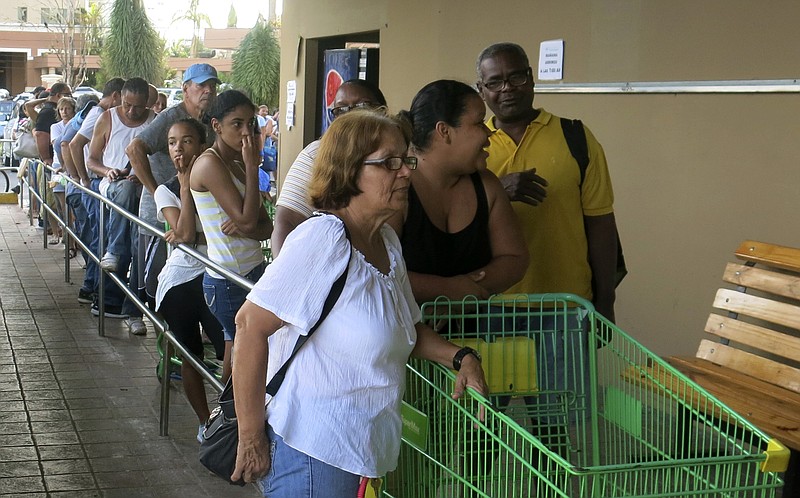Q. The most recent natural disasters, Hurricane Maria in Puerto Rico and the earthquake in Mexico, motivate me to donate money. What advice may BBB provide to assure donations are used to maximum benefit?
A. Thank you for your concern and desire to help. As emergency rescue and relief efforts continue for those impacted by Hurricane Maria in Puerto Rico or the earthquake in Mexico, BBB Wise Giving Alliance encourages donors to consider reviewing the following disaster relief donation tips in responding to appeals for support.
Be cautious when giving online. Be cautious about online giving, especially in response to spam messages and emails that claim to link to a relief organization. If you want to give to a charity involved in relief efforts, go directly to the charity's website.
Rely on expert opinion when it comes to evaluating a charity. Be cautious when relying on third-party recommendations such as bloggers or other websites, as they may not have fully researched the relief organizations they list. The public can go to www.give.org to research charities and relief organizations and verify that they are accredited by the BBB and meet the 20 Standards for Charity Accountability.
Understand crowdfunding. Keep in mind that some crowdfunding sites do very little vetting of individuals who decide to post for assistance after a disaster, and it is often difficult for donors to verify the trustworthiness of crowdfunding requests for support. If you decide to contribute via crowdfunding, it is probably best to give to people who you personally know have posted requests for assistance. For more Give.org tips on crowdfunding, check out this Wise Giving Wednesday post.
Be wary of claims that 100 percent of donations will assist relief victims. Despite what an organization might claim, charities have fund raising and administrative costs. Even a credit card donation will involve, at a minimum, a processing fee. If a charity claims 100 percent of collected funds will be assisting hurricane victims, the truth is that the organization is still probably incurring fund raising and administrative expenses. It may use some of its other funds to pay those costs, but the expenses will still be incurred.
Find out if the charity has an on-the-ground presence in the impacted areas. Unless the charity already has staff in the affected areas, it may be difficult to bring in new aid workers to provide assistance quickly. See if the charity's website clearly describes what the charity can do to address immediate needs.
Find out if the charity is providing direct aid or raising money for other groups. Some charities may be raising money to pass along to relief organizations. If so, you may want to consider "avoiding the middleman" and give directly to those who have a presence in the region. Or, at a minimum, check out the ultimate recipients of the donations to see whether they are equipped to provide aid effectively.
Gifts of clothing, food or other in-kind donations, while well-intentioned, may not necessarily be the quickest way to help those in need - unless the organization has the staff and infrastructure to distribute such aid properly. Ask the charity about its transportation and distribution plans. Be wary of those who are not experienced in disaster relief assistance.
The charities listed below are either soliciting and/or reporting activities that are providing some type of assistance to help the communities hurt by Hurricane Maria or the Mexican earthquake. All of those charities were found to meet the 20 BBB Standards for Charity Accountability. This list will be updated as additional efforts come to our attention.
Hurricane Maria Relief
» American Red Cross
» AmeriCares
» Brother's Brother Foundation
» Catholic Relief Services
» Direct Relief
» Heart to Heart International
» Episcopal Relief and Development
» Humane Society of the United States
» Global Giving
» International Medical Corps
» Map International
» Operation USA
» Project HOPE
» Salvation Army
» Save the Children
» UNICEF USA
» United Methodist Committee on Relief
» World Vision
Mexico Earthquake Relief
» American Red Cross
» Brother's Brother Foundation
» Catholic Relief Services
» Direct Relief
» Episcopal Relief and Development
» Global Giving
» Helping Hand for Relief and Development
» International Medical Corps
» Map International
» Mennonite Central Committee
» Operation USA
» Oxfam America
» Partners in Health
» Save the Children
» UNICEF USA
» World Vision
Jim Winsett is president of the Better Business Bureau in Chattanooga.

